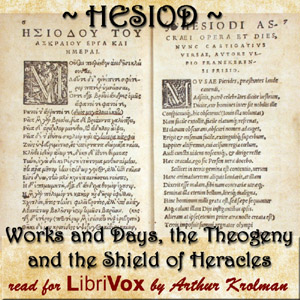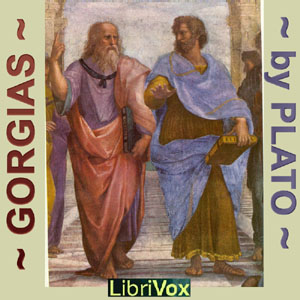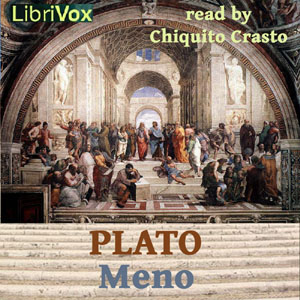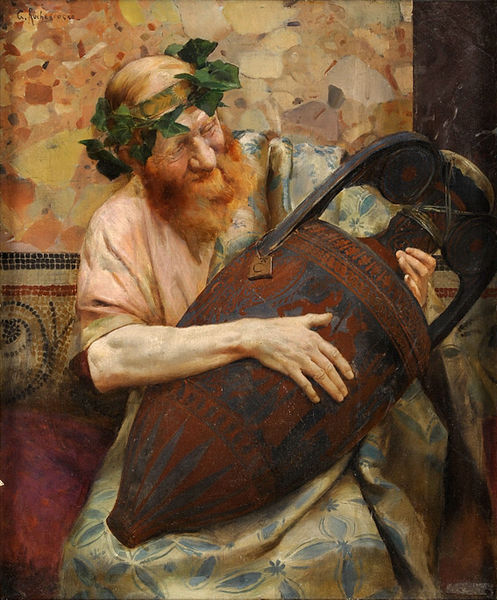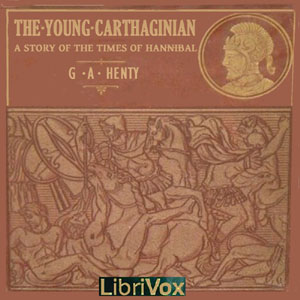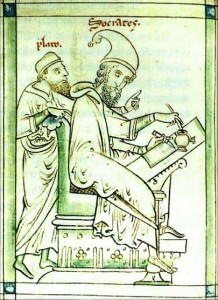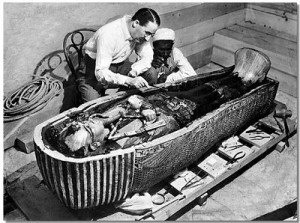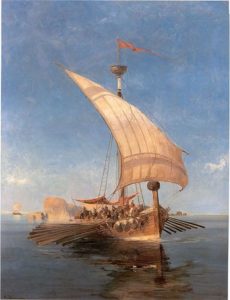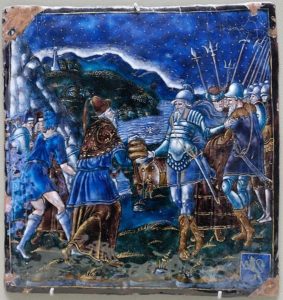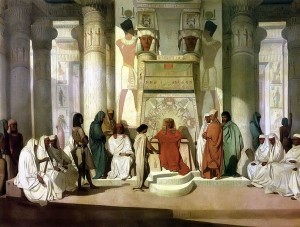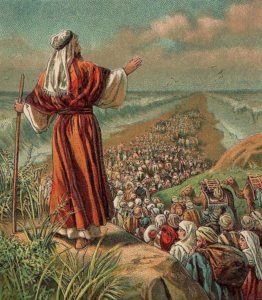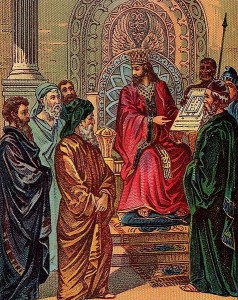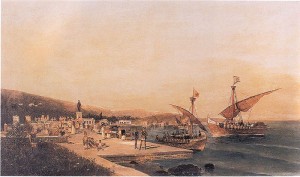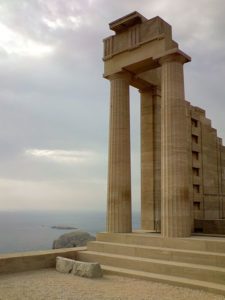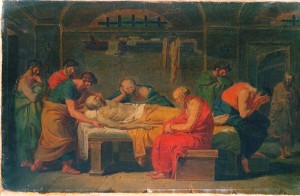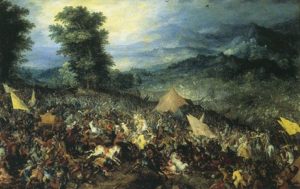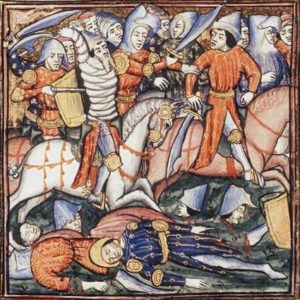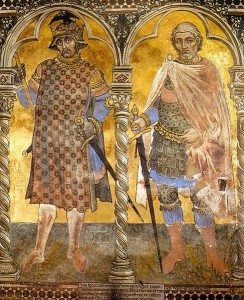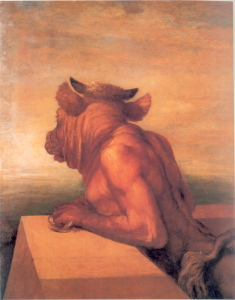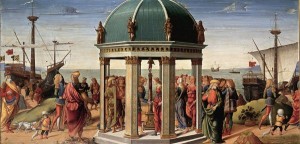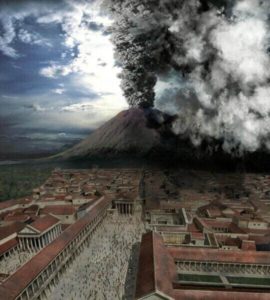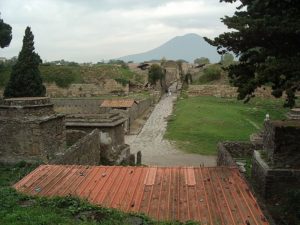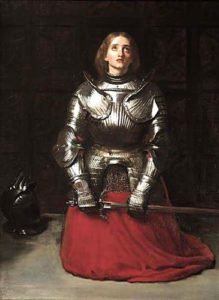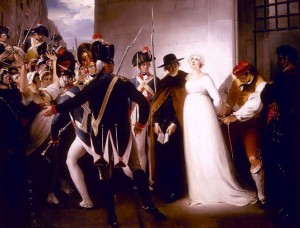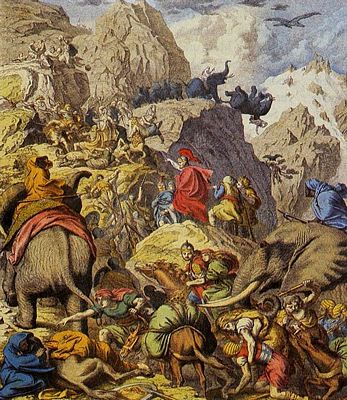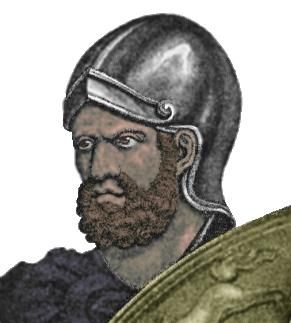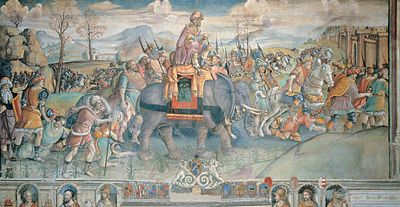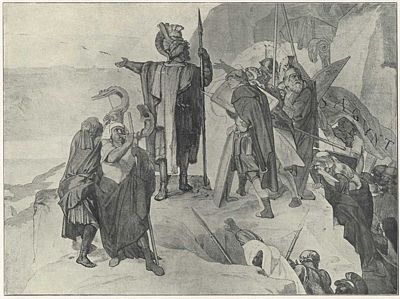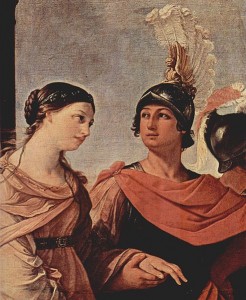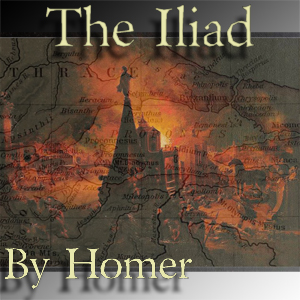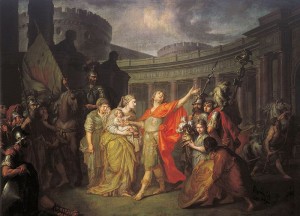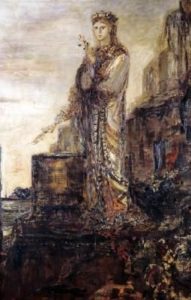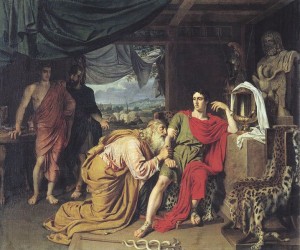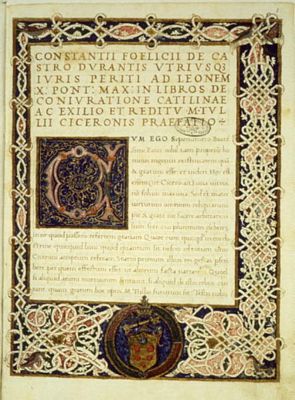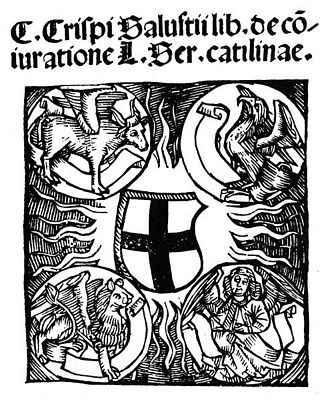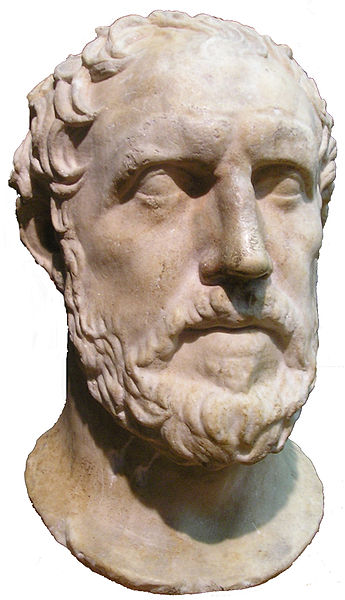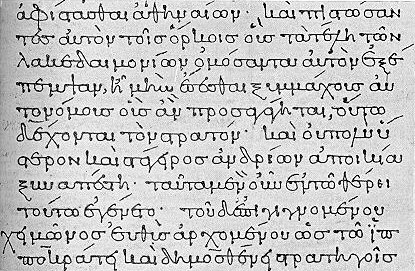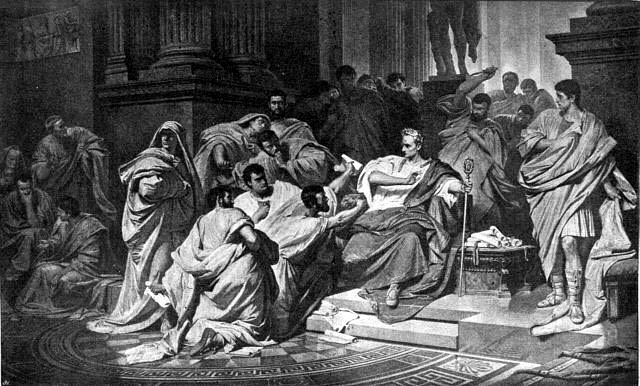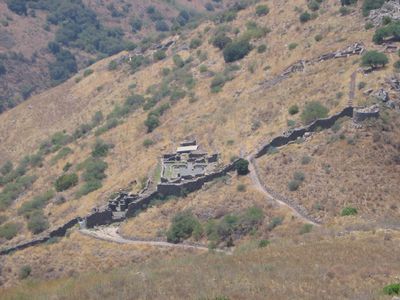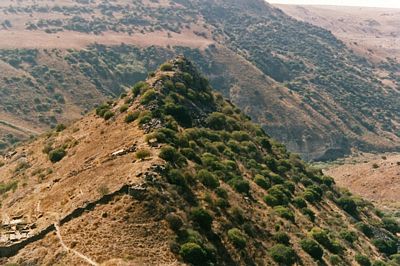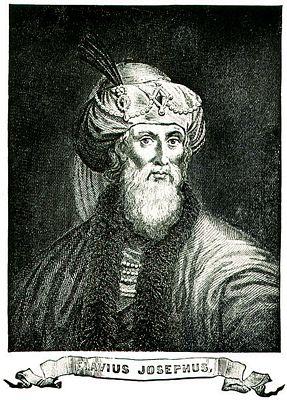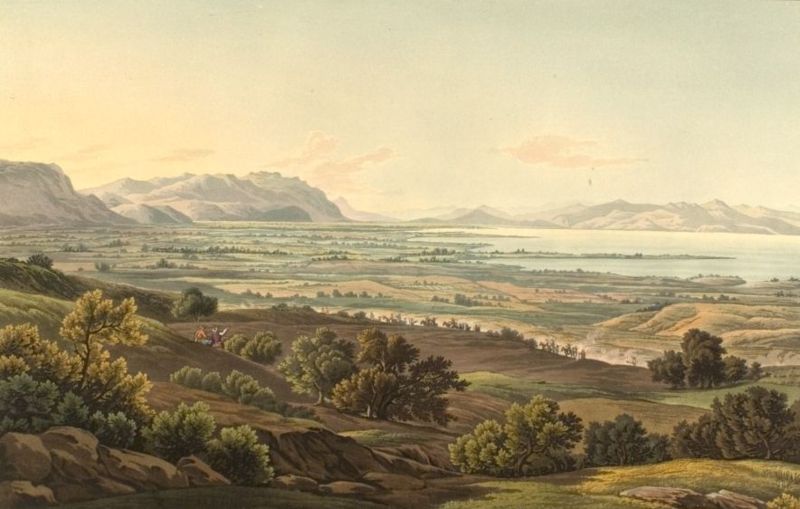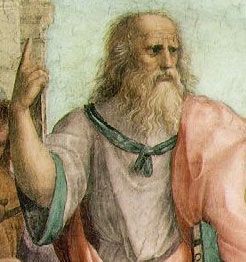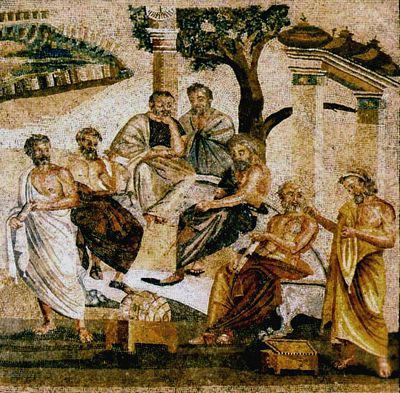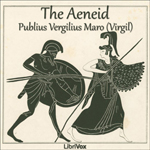
Summary:
The Aeneid
VIRGIL (70 BC – 19 BC), translated by John DRYDEN (1631 – 1700)
The Aeneid is a Latin epic written by Virgil in the 1st century BC that tells the legendary story of Aeneas, a Trojan who traveled to Italy, where he became the ancestor of the Romans. The first six of the poem’s twelve books tell the story of Aeneas’ wanderings from Troy to Italy, and the poem’s second half treats the Trojans’ ultimately victorious war upon the Latins, under whose name Aeneas and his Trojan followers are destined to be subsumed. The poem was commissioned from Vergil by the Emperor Augustus to glorify Rome. Several critics think that the hero Aeneas’ abandonment of the Cartheginian Queen Dido, is meant as a statement of how Augustus’ enemy, Mark Anthony, should have behaved with the Egyptian Queen Cleopatra. (Summary by Wikipedia and Karen Merline)
Running time: 13 hours, 40 minutes
Read this book online
Follow along on your Kindle
Download as a zipped file
Subscribe in iTunes
Internet archive page
To hear this book, click play in the box below or click on the chapter links.
Book 1: A Fateful Haven, part 1
Book 1: A Fateful Haven, part 2
Book 2: How they took the City, part 1
Book 2: How they took the City, part 2
Book 3: Sea Wanderings and Strange Meetings, part 1
Book 3: Sea Wanderings and Strange Meetings, part 2
Book 4: The Passion of the Queen, part 1
Book 4: The Passion of the Queen, part 2
Book 5: Games and a Conflagration, part 1
Book 5: Games and a Conflagration, part 2
Book 6: The World Below, part 1
Book 6: The World Below, part 2
Book 7: Juno Served by a Fury, part 1
Book 7: Juno Served by a Fury, part 2
Book 8: Arcadian Allies, part 1
Book 8: Arcadian Allies, part 2
Bk 09: A Night Sortie, a Day Assault, pt 1
Bk 09: A Night Sortie, a Day Assault, pt 2
Bk 10: The Death of Princes, pt 1
Bk 10: The Death of Princes, pt 2
Bk 11: Debaters and a Warrior Girl, pt 1
Bk 11: Debaters and a Warrior Girl, pt 2
Bk 12: The Fortunes of War, pt 1
Bk 12: The Fortunes of War, pt 2

